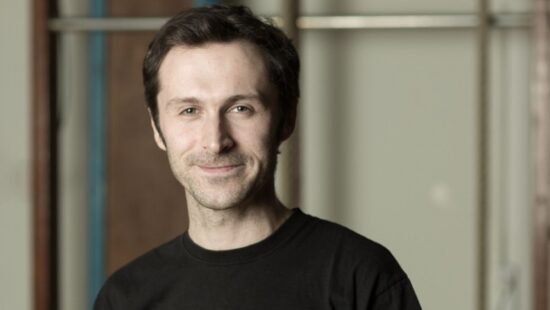Snap’s Artis story

Snap’s Artis story
June Stevenson (Snap) joined as CEO of the Artis Foundation towards the end of 2017. After a busy start to this year settling into her new role, she takes some time to reflect on the theme of New Beginnings and Reinventions.
I joined Artis last autumn, and now, just over six months on, feels like a good moment to pause and reflect on what’s happened since, particularly as it strikes me that both Artis and I have been on journeys of some reinvention.
For me personally it’s been a change of working identity and context – from thirteen years working in education and business to a welcome and refreshing swerve into the world of the arts and non-profit.
For Artis, the change has been one that happened both gradually and suddenly: after an autumn of preparation, at midnight on 31st December 2017 the thirteen-year-old Artis Education Ltd donated all its valuable relationships and contracts to the Artis Foundation, the newly established charity.
The move has been about seeking to increase Artis’ reach and partnerships, focusing on children from disadvantaged backgrounds in schools that we haven’t been able to reach commercially and expanding our work in promoting wellbeing and tackling social issues.
Prior to Artis, I had spent eight years at The Key and four in teaching (plus a further one freelancing between babies), where much of my thinking was about school management, improvement and policies, alongside the day to day busyness of organisational leadership and management in those workplaces.
Stepping into an arts organisation, and a new non-profit set-up, my head is instead filled with our Artis vision, our programmes, and, most of all, our desire to find new opportunities to bring our Artis magic to more people.
At The Key, neutrality ruled, and our passion was for quality of service, not for any one vision of how to run a school or what pedagogy to promote. At Artis, it is all about our passion. We are unashamedly outraged that the ‘arts gap’ between private and state schooled pupils is so large; we are determined to tell any headteacher that will listen that they should engage us to help rectify this.
Yet for both of us there has also been a lot of continuity.
Many charity leaders I’ve spoken to talk about the challenge of developing a commercial approach having started out with grants and individual backers. Artis already has a commercial approach and it’s something we are determined to hold onto, despite our change of status. We are using applications to trusts and foundations to fund the development of new programmes and approaches (we hope) and encouraging individual givers to help subsidise the work we do so we can maintain our extremely high quality, but the great majority of our income still comes from schools, and we plan will continue to come from statutory sources.
I like to think that what I learnt in the highly commercial environment of The Key has much relevance when it comes to Artis operating as efficiently as it can and bringing the best possible products to its customers.

Artis the company had always considered itself a ‘social business’, so in some ways the changes aren’t huge. The excellent people involved, much of the very strong and popular programmes and the expertly honed ways of doing things continue as before. But becoming a charity was important for opening up partnership opportunities, removing suspicion that many in our sectors have (often rightly, sometimes unfairly) of the profit motive, and providing full transparency for the whole range of potential contributors to the Artis mission.
I’m sure in another six month’s time I’ll have much more areas to reflect on again. I can already see how much we are learning about the subtle impact on our culture, the positioning of our evaluation and impact work, the right balance of income streams, to mention just a few.
It’s certainly been busy!

